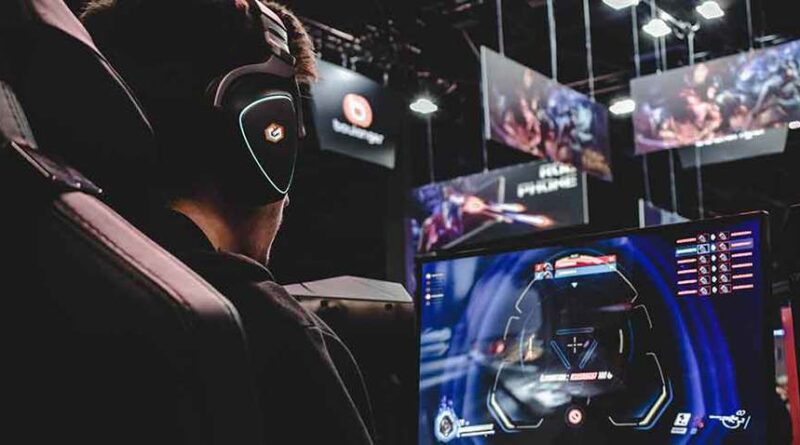How to Get Started in Game Development
Getting started in game development can be an exciting journey, but it’s important to approach it with a well-thought-out plan. Here’s a step-by-step guide to help you begin your game development journey:
- Define Your Goals:
- Determine what kind of games you want to create (e.g., mobile, console, PC, web).
- Identify the genre and style of games that interest you the most.
- Learn the Basics of Programming:
- Familiarize yourself with programming languages commonly used in game development, such as C#, C++, or Python.
- Online platforms like Codecademy, Khan Academy, and Coursera offer beginner-friendly programming courses.
- Choose a Game Engine or Framework:
- Game engines like Unity, Unreal Engine, Godot, and Construct 3 provide tools and resources to streamline game development.
- Pick an engine that aligns with your skills and game requirements.
- Learn the Chosen Engine:
- Explore tutorials and documentation provided by the game engine to understand its features and workflow.
- Start with simple projects to grasp the basics before moving on to more complex games.
- Create Small Projects:
- Begin with small games or prototypes to practice your skills and gain experience.
- Focus on one aspect of game development at a time (e.g., movement mechanics, level design).
- Study Game Design Principles:
- Understand game mechanics, player engagement, and user experience (UX) design.
- Learn about concepts like level design, pacing, storytelling, and balancing.
- Art and Assets:
- Learn basic graphic design skills to create or modify game assets like characters, objects, and backgrounds.
- Consider using software like Photoshop, Illustrator, or free alternatives like GIMP or Inkscape.
- Sound and Music:
- Familiarize yourself with audio editing tools for creating sound effects and music.
- Platforms like Audacity can help you get started with basic audio editing.
- Join Communities:
- Engage with online forums, social media groups, and game development communities.
- Networking can lead to collaboration, feedback, and shared learning experiences.
- Iteration and Improvement:
- Continuously iterate on your projects, incorporating feedback and improving your skills.
- Learn from both your successes and failures.
- Complete and Share Projects:
- Finish your projects, even if they’re small. This demonstrates your commitment and progress.
- Share your games on platforms like itch.io or Game Jolt to gather feedback and build a portfolio.
- Continue Learning:
- Game development is an evolving field, so stay updated with new tools, techniques, and trends.
- Explore advanced topics like 3D graphics, networking, and optimization as you grow.
- Consider Formal Education:
- If you’re serious about pursuing a career in game development, you might consider enrolling in a game development program at a university or specialized school.
- If you’re serious about pursuing a career in game development, you might consider enrolling in a game development program at a university or specialized school.
- Build a Portfolio:
- Compile your completed projects into a portfolio that showcases your skills and creativity.
- A strong portfolio can help you secure freelance work, internships, or even a full-time job in the industry.
Remember that game development takes time and practice. Be patient, persistent, and open to learning from your experiences. With dedication and effort, you can turn your passion for games into a rewarding creative endeavor. For More



